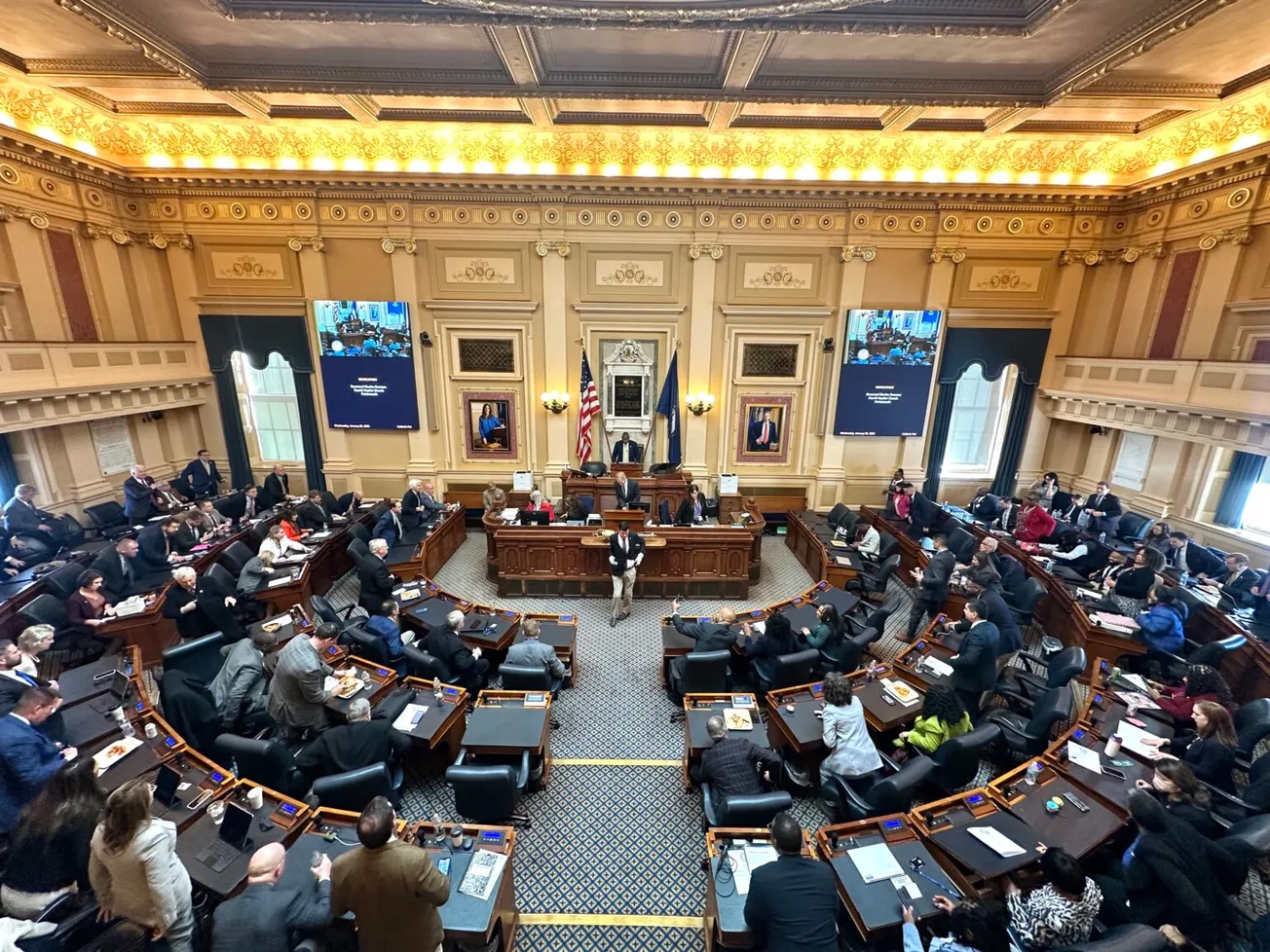Halftime in Richmond: Virginia lawmakers clash over taxes, health care and gun control
With budget talks looming, Democrats push for Medicaid protections while Youngkin fights for tax cuts and conservatives resist new gun laws

With budget talks looming, Democrats push for Medicaid protections while Youngkin fights for tax cuts and conservatives resist new gun laws
